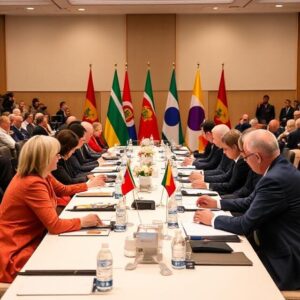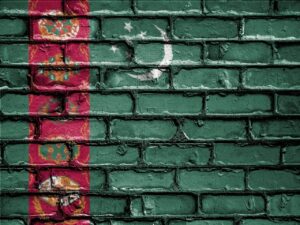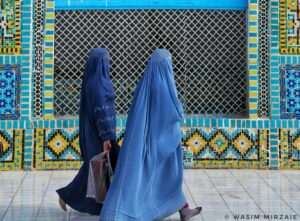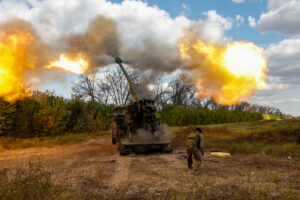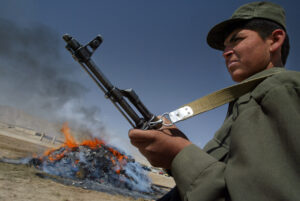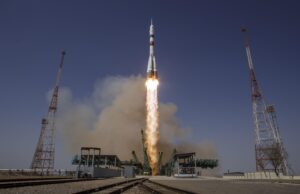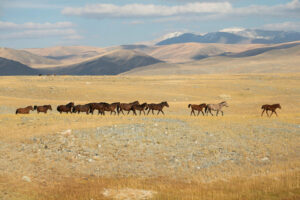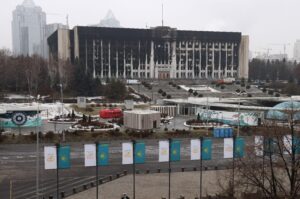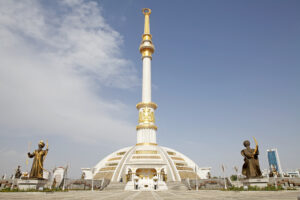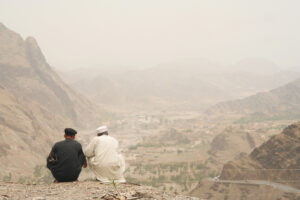Category: Central Asia
-
As global dynamics continue to shift, the importance of countries in the Global South, such as those in Central Asia, is further elevated. This elevated importance helps explains the recent expansion of BRICS into Central Asia, and reflects the region’s growing economic and geopolitical significance. Central Asia, with its strategic location and abundant resources, has […]Gulshat Rozyyeva/May 6, 2025
-
When it comes to nuclear power, Australian and Kazakhstan share many similarities with both countries currently considering their nuclear futures. While Australian opposition leader, Peter Dutton continues to advocate for the development of a domestic nuclear power industry as part of his 2025 election campaign, Kazakhstan’s government is moving ahead with construction of its first […]Gulshat Rozyyeva/March 27, 2025
-
Only small numbers of Central Asia migrants make their way to Australia yet the experience in the broader Asia Pacific suggests that this could be a missed opportunity for Australia to benefit from skilled Central Asian migrants.Gulshat Rozyyeva/September 11, 2024
-
The strengthening of ties between Australia and Turkmenistan comes as domestic politics in the Central Asian states settles into a new pattern following last year’s leadership transition.Gulshat Rozyyeva/September 11, 2024
-
Is the Taliban as strong as it looks? The group continues to face several problems it is either unable or unwilling to solve. While seemingly secure in the short-term, it could threaten to undermine its hold on power in the coming years.Chris Fitzgerald/August 27, 2024
-
Since the onset of the war in Ukraine in February 2022, the Central Asian countries of Kazakhstan, Kyrgyzstan, Tajikistan, Turkmenistan and Uzbekistan have adopted a neutral stance towards the conflict. Their leaders have carefully avoided passing value judgement on the war which Dushanbe, for one, still calls “an incident that occurred between the two states” […]Kirill Nourzhanov/May 22, 2024
-
When the Taliban returned to power in Afghanistan in August 2021, it raised concerns in neighbouring countries about their own security. The governments in most of the Central Asian countries, and in Iran were hostile toward the Taliban when the militant group ruled Afghanistan in the late 1990s. There are now other Islamic extremist groups […]Bruce Pannier/May 22, 2024
-
After the disintegration of the USSR, Kazakhstan inherited a significant technological artefact of the Soviet space program, the Baikonur Cosmodrome. The management of the spaceport, from which the historically significant Sputnik 1 was launched, was transferred to Russia through a lease agreement from 1994 till 2050. However the Kazakhstani leadership had remained committed to the […]Nelly Bekus and Zhomart Medeuov/May 22, 2024
-
Though seldom analysed together, Mongolian and Kazakh foreign policies are connected today by nature of their shared experience of their two larger neighbours China and Russia. Mongolia and Kazakhstan have both attempted to balance a largely economic relationship with China and a military strategic relationship with Russia, in order to develop and maintain their security […]Liam Campbell/May 22, 2024
-
The abrupt and turbulent start of the year in Kazakhstan has engineered the conditions for a dual narrative to emerge. Firstly, the widespread violence and protests, coupled with Kazakhstan government’s botched handling of containing the violence demonstrated the fragility of the security conditions in Kazakhstan. This was made even more shocking by the apparent mistrust […]Conor McLaughlin/May 22, 2024
-
Turkmenistan has been facing an increasing crisis of food, primary products, and cash shortages. The crisis is a result of lower natural gas prices, Turkmenistan’s primary export, and a Chinese monopoly over gas exports. Although the regime often trumpets its economic successes, the crisis has accelerated, and imports of food and consumer goods were cut […]Slavomír Horák, Charles University in Prague/May 22, 2024
-
After nearly two decades, the current manifestation of conflict in Afghanistan may be coming to an end. The United States and representatives of the Taliban signed an agreement in February 2020 that ostensibly sets the terms for the US military departure from Afghanistan. In principle, it also creates conditions for the reconciliation negotiations between the […]Roger Kangas, Near East South Asia Center for Strategic Studies USA/May 22, 2024

